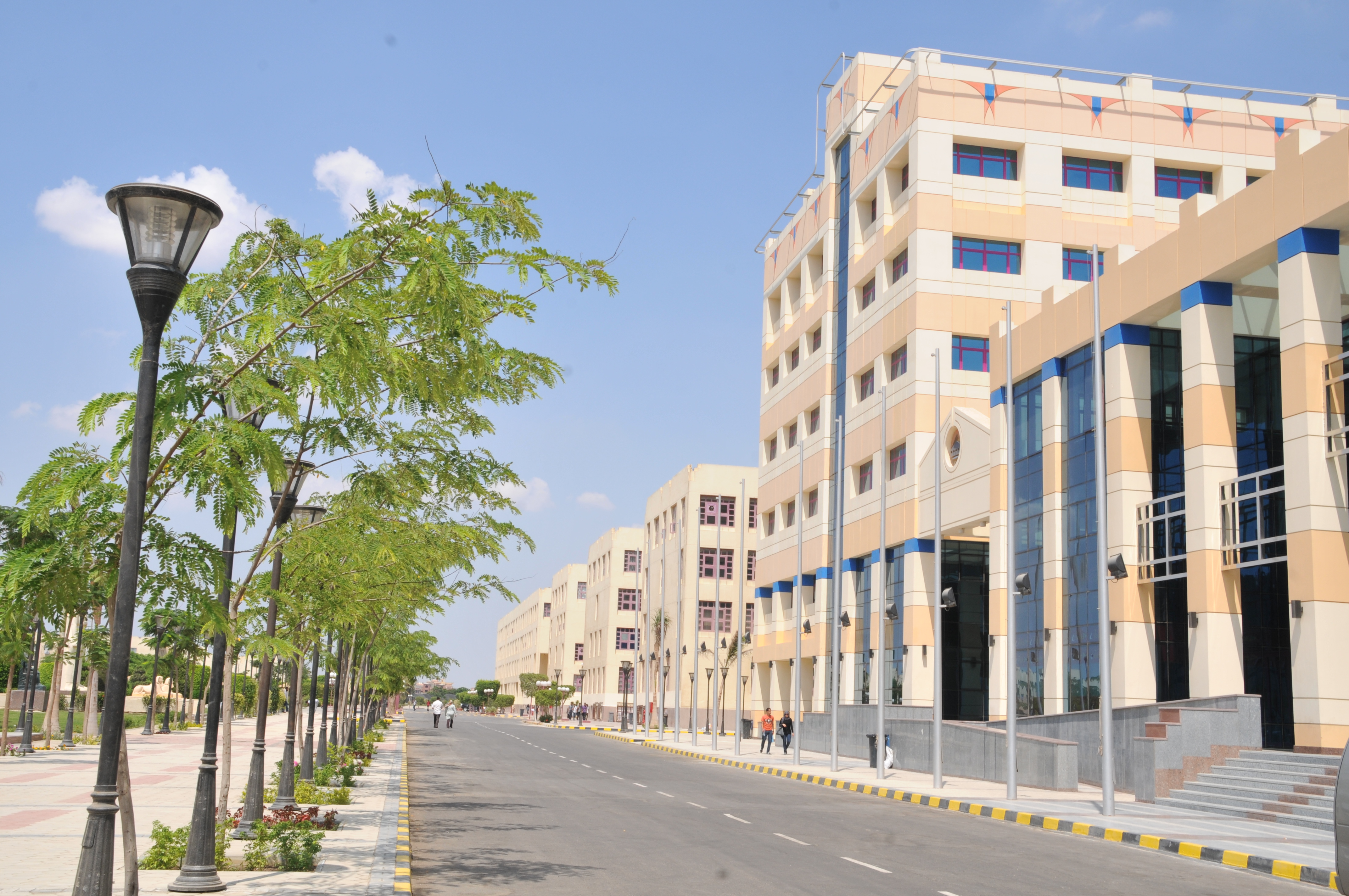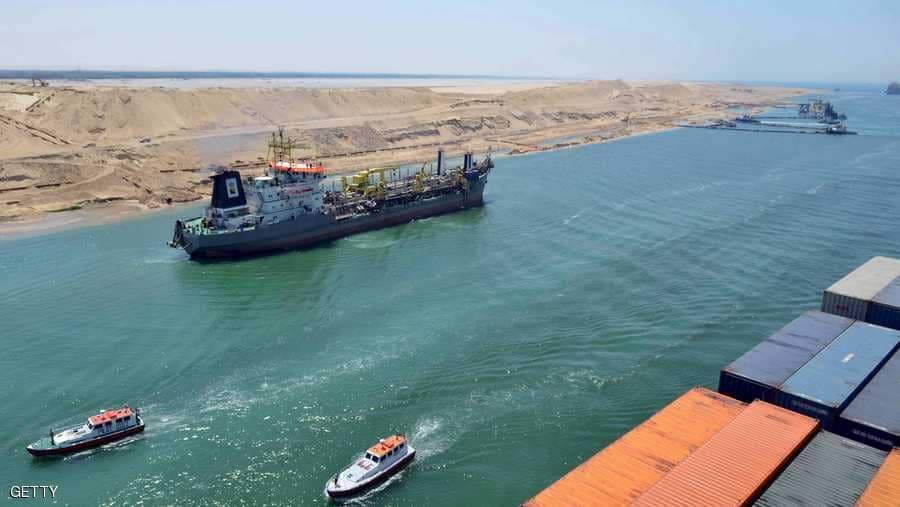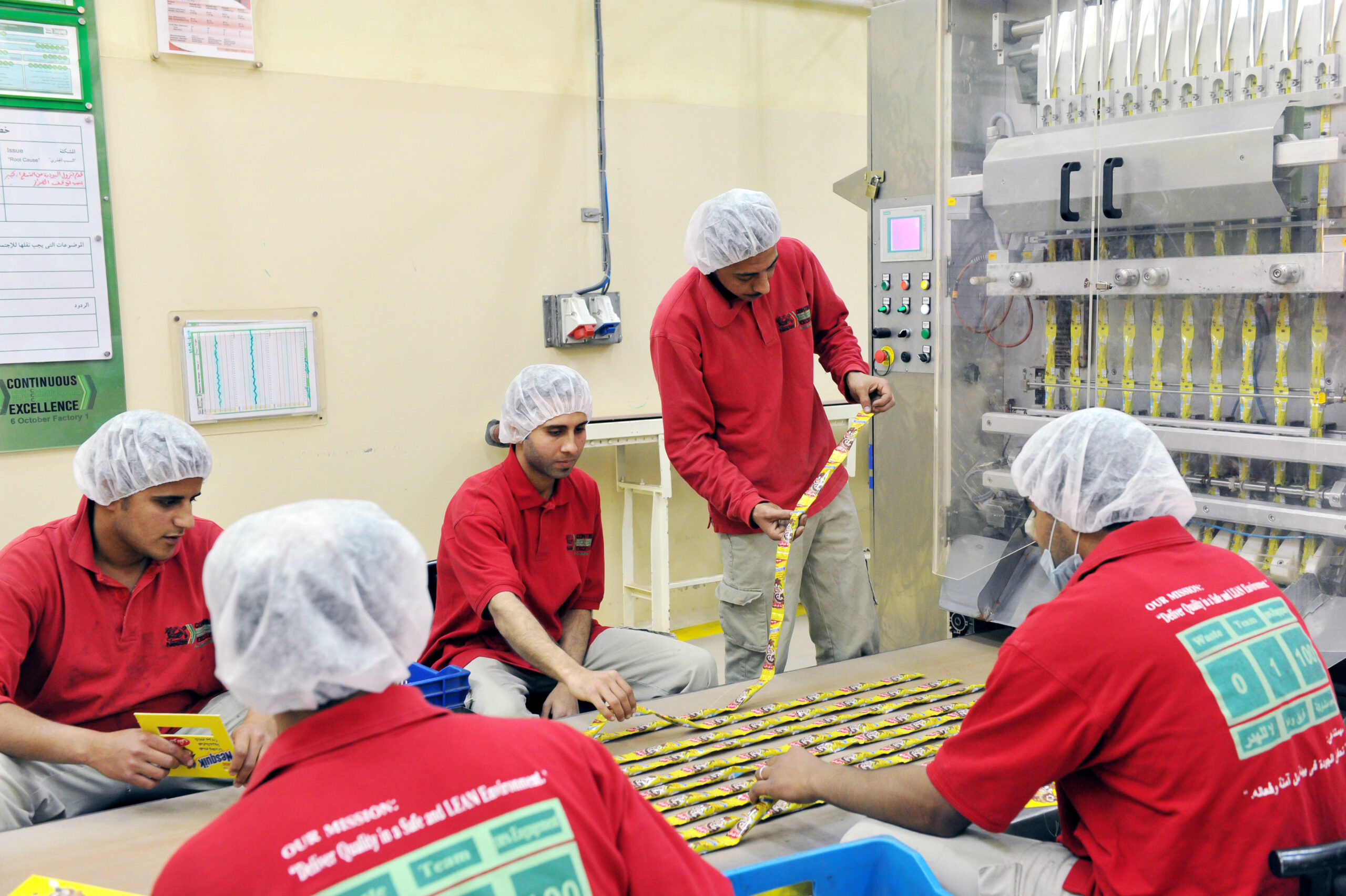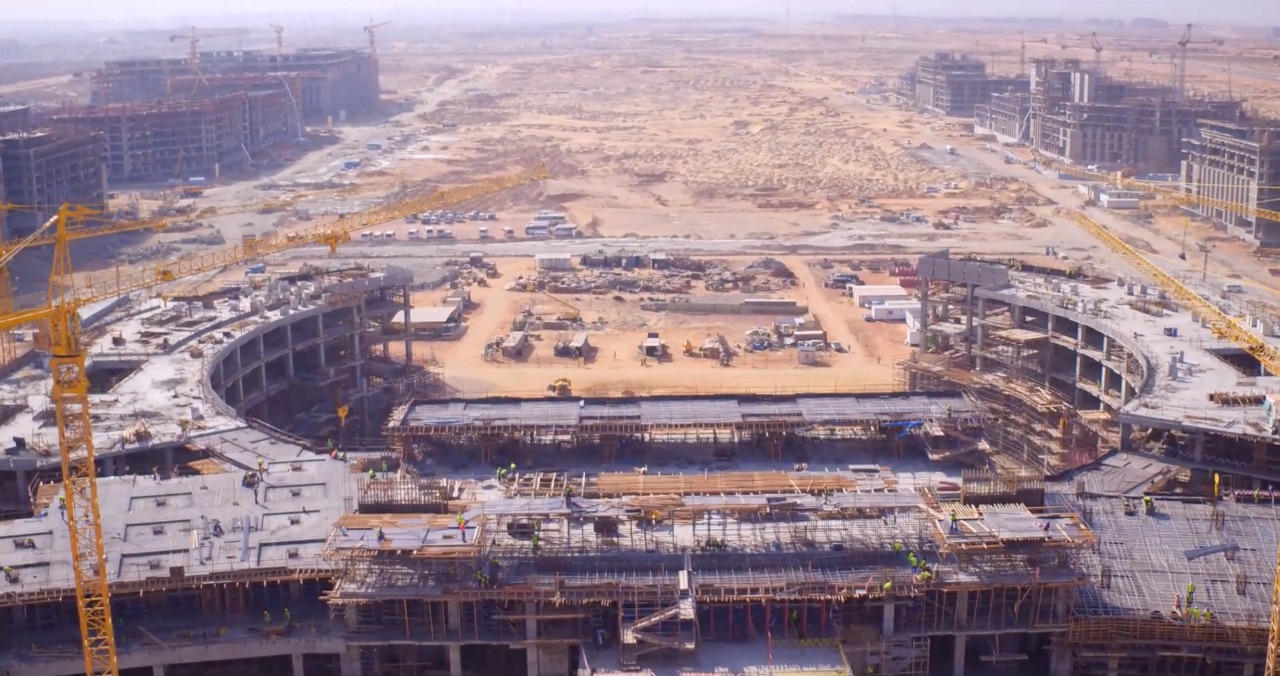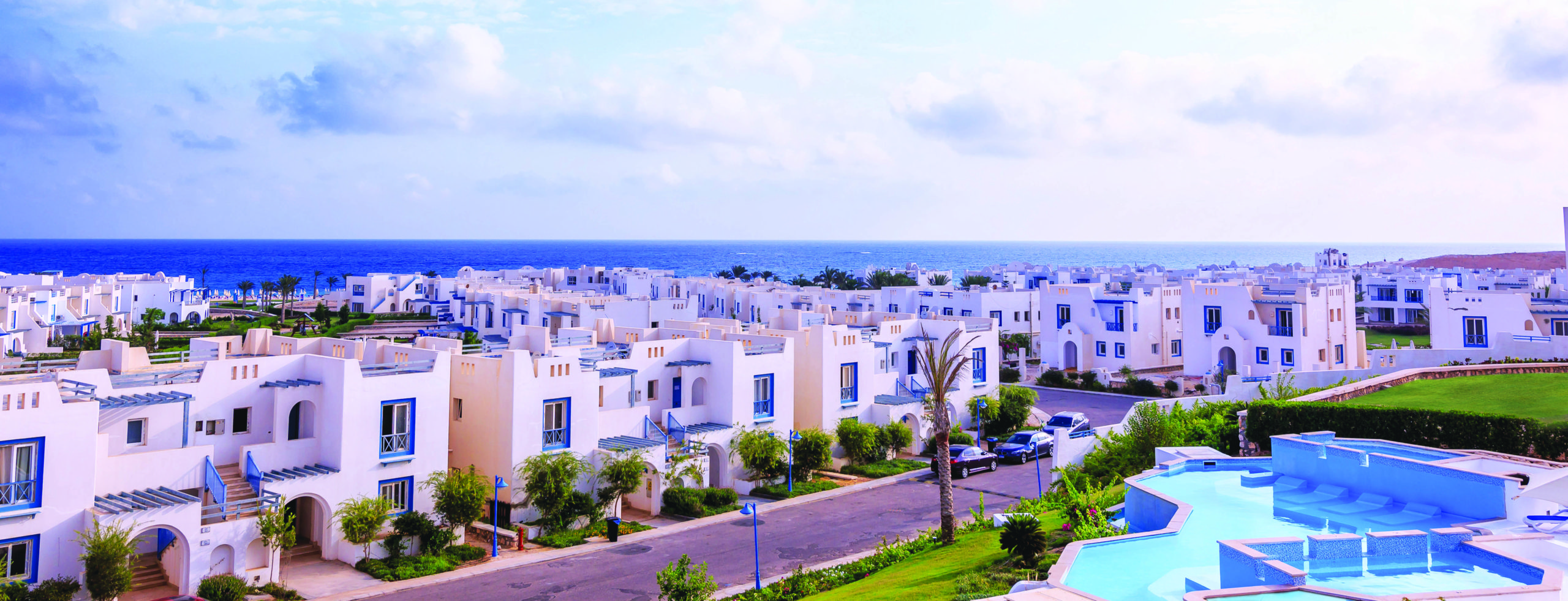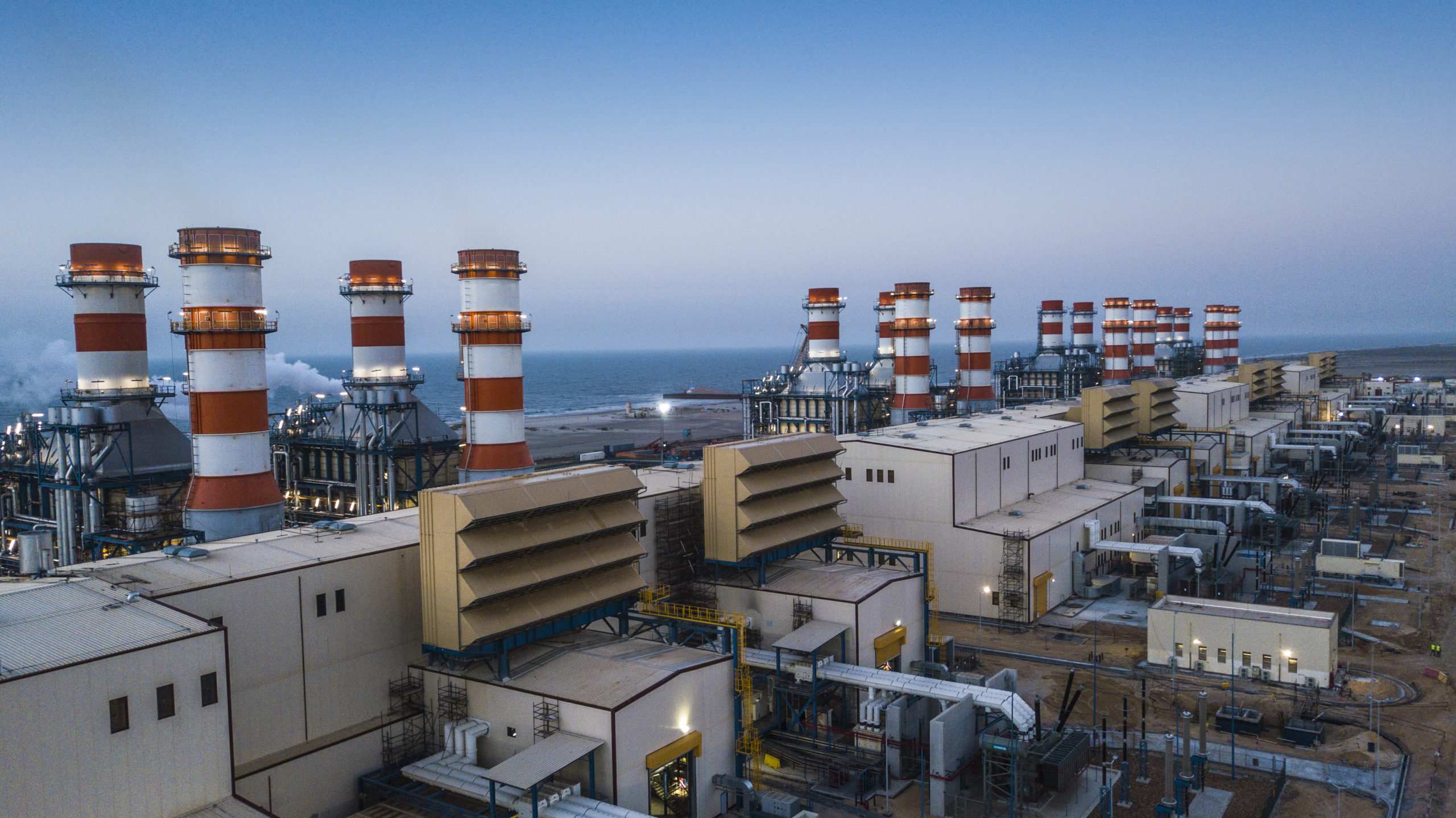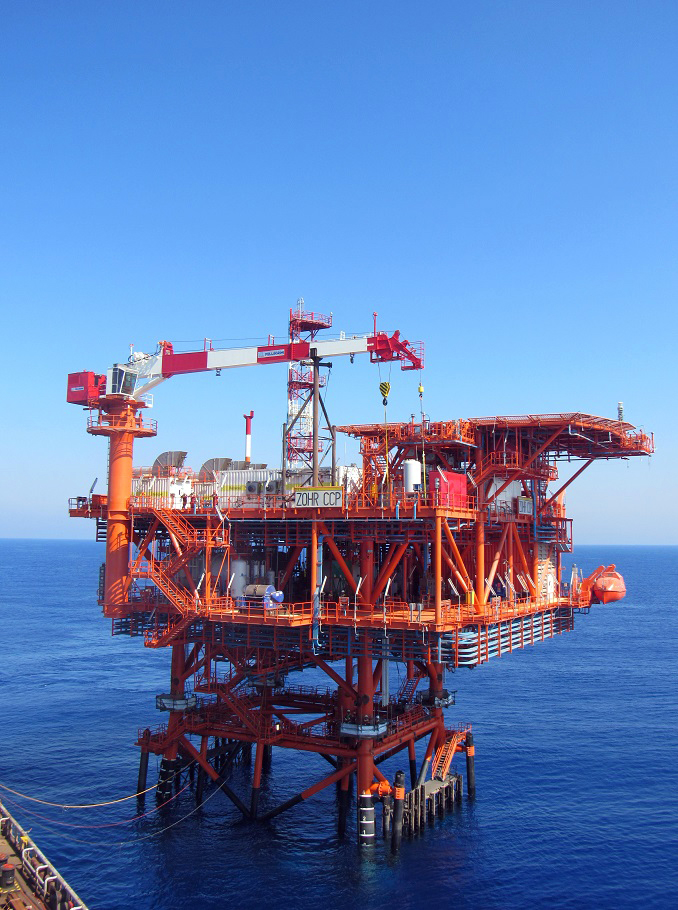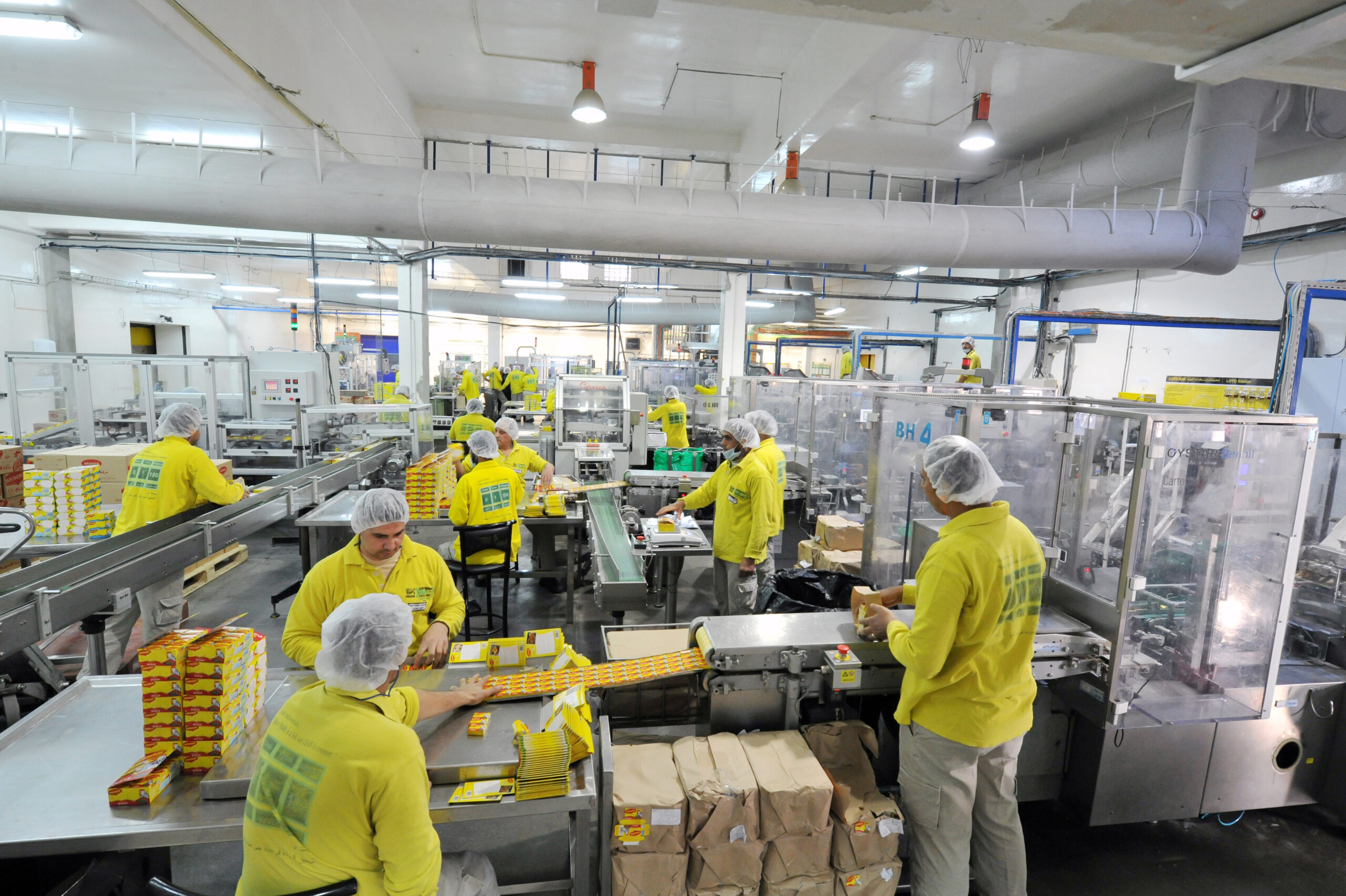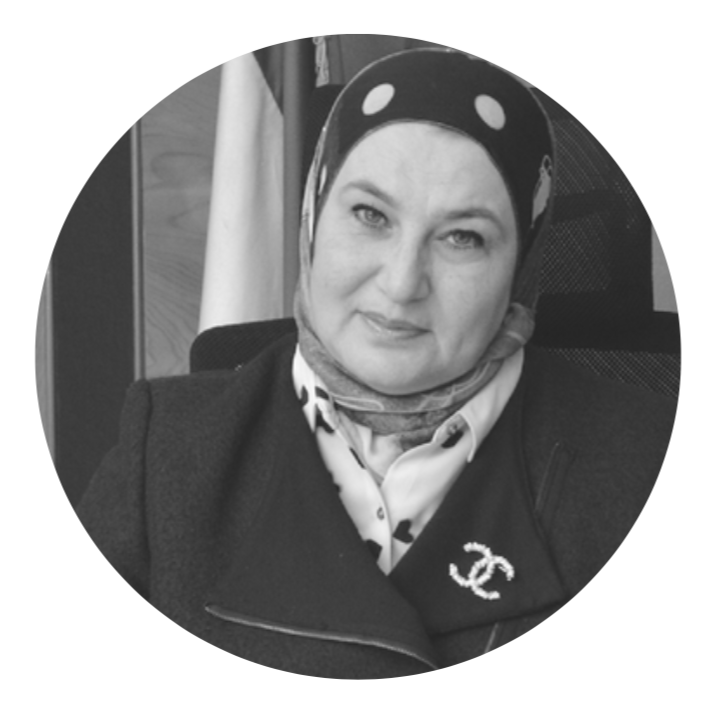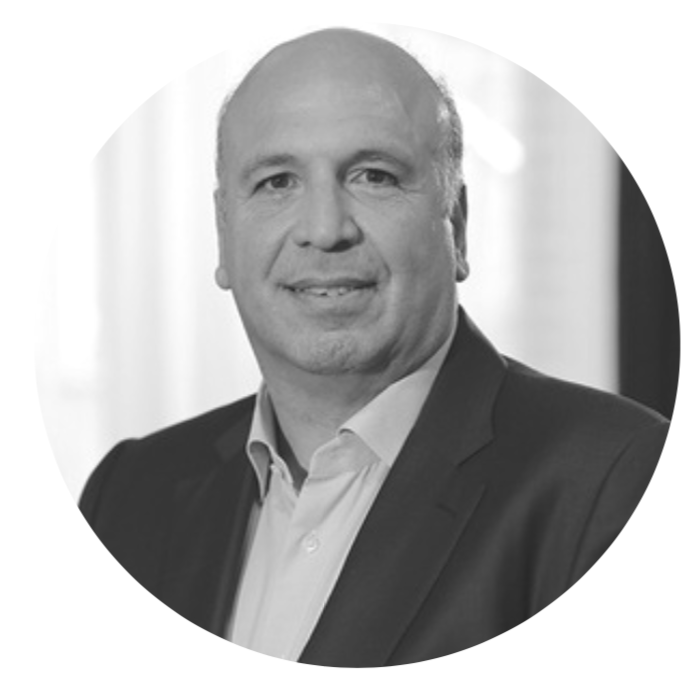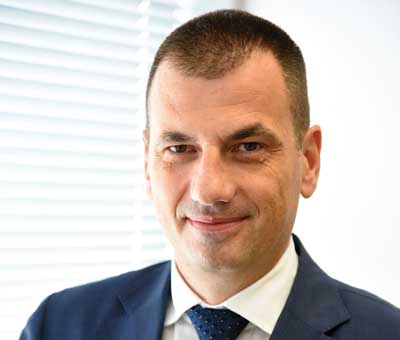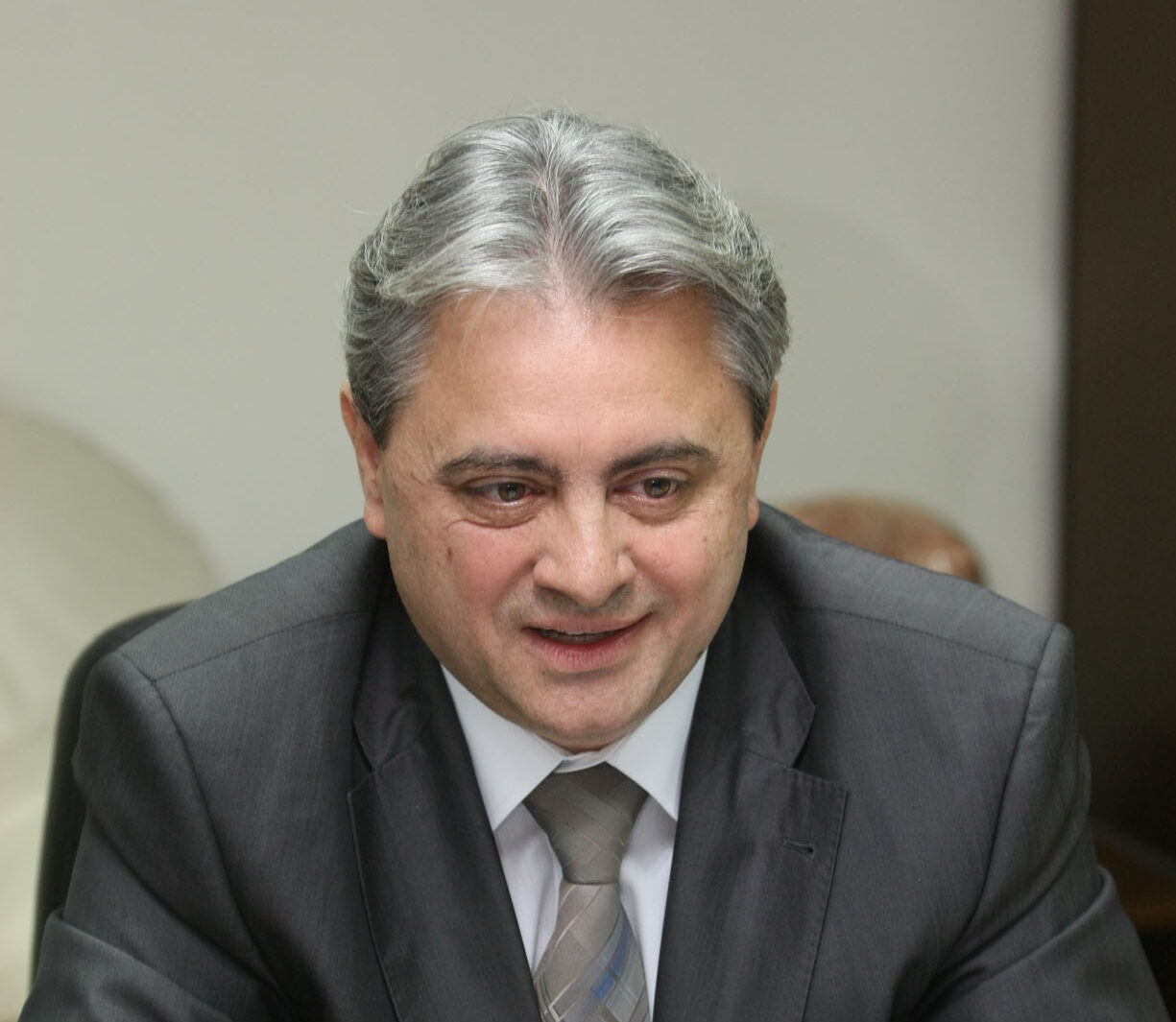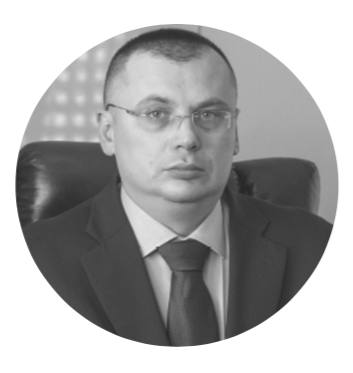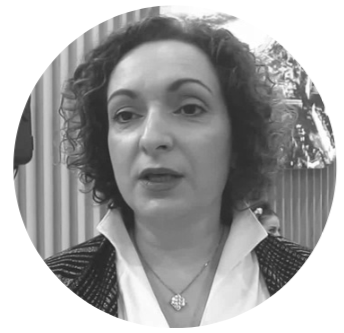Clinical research organization, ICON, exemplifies Ireland’s strength in supporting the global pharma, biotech, and medical device industries

In recent years, Ireland has established itself as a world leader in a number of fields – and one of the most promising industries is the clinical research sector. Ireland’s strong academic infrastructure and its young, highly motivated workforce boosts its status in this industry.
Many clinical research businesses active in Ireland are global multinationals, while others are locally based SMEs. However, not every Irish clinical research company fits neatly into one of these two groups. In some cases, businesses in the latter category have become so successful over time that they have also become active on a worldwide scale. Despite its small size, Ireland’s location and close ties to the USA make it an ideal gateway for collaboration between Europe and America.
ICON is one of Ireland’s leading clinical research organizations. Founded in Dublin in 1990, the company now offers consulting, outsourced development, and commercialization services to clients around the world. ICON works with companies in the biotechnology, pharmaceutical, and medical device industries, and also collaborates with governments and public health organizations. ICON currently employs nearly 16,000 people, including about 1,000 staff in Ireland.

ICON CEO, Dr. Steve Cutler, stated, “ICON’s presence in Ireland is critical to our global operations. All of our key infrastructure is based out of Ireland – our corporate office, our IT department, our finance group, our HR group, our administration office, and more. Ireland is the nerve center of our global operations.
“Especially when you consider Brexit, Ireland is perfectly situated to be a conduit between the USA and Europe. In terms of time zones, cultures, and languages, Ireland plays an important role in coordinating all the countries and regions we serve. It is the perfect spot to serve as the center of our operations.”
The USA is currently the largest market for the pharmaceutical side of ICON’s business. A significant proportion of ICON’s research is done in the USA, while about 25 to 30 percent of its workforce is based there.
ICON plans to bolster its American presence by acquiring PRA Health Sciences, a major contract research organization based in the United States. PRA Health Sciences employs roughly 17,000 people worldwide. If the acquisition goes through, it will cost an estimated USD 12 billion (EUR 9.87 billion) and create the single largest contract research organization in the world. Cutler had this to say about the impending purchase, “Our biggest milestone this year will be closing our deal with PRA Health Sciences, which we announced February 24, 2021. There are several steps we are going through with the regulators to get approval for the deal. So far, we have jumped every hurdle, and things are moving along extremely well. We still have to earn final approval, and our shareholder meeting is coming up.”
ICON’s headquarters will continue to be based in Dublin after it acquires PRA Health Services, and Cutler will still serve as the company’s CEO. After the merger, ICON would have an estimated USD 6 billion in revenue, a market cap of USD 20 billion, and 35,000 employees around the world.
Cutler added, “I look forward to closing the deal and getting off to the races as a substantially larger company. We will truly be a feather in Ireland’s cap.”
Though the USA is more important to ICON than ever, the company has no plans to leave Ireland. According to Cutler, the USA is a key market for ICON, but the global nature of clinical development ensures the group will continue to operate worldwide.
Along with its ongoing efforts to acquire PRA Health Sciences, ICON is working to enhance its decentralized clinical trials, allowing participants to log their data through smartphones and other electronic devices. These new data collection methods were introduced in part due to the COVID-19 pandemic. Even as COVID-19 vaccines roll out, Cutler believes the increased efficiency of medical trials will help boost the speed of drug development while lowering the costs associated with this process. Because of these factors, he expects this trial method to become even more prevalent going forward.

